UPDATE: I read the first draft of Mary in the Moon (see end of post) during a discussion about Oliver’s poetry with the lovely Melonie Cannon, who hosts the podcast, Words Fall In. That episode aired today, January 30th, and you can listen to it here.

Just as light was lifting the dark from Friday morning’s sky, Kara texted me the NY Times article on Mary Oliver’s passing. Having driven an early carpool, it was barely 7AM and I was still sitting in my driveway, warmth blazing from the car heater.
I slumped back against the seat, then tapped and scrolled, reading line after line about her deliberate life, her poetic ability to capture the natural world, make it sacred, and pull words from holy places. She died Thursday, January 17th, at the age of 83, at her home in Hobe, Florida.
I slid out of the car and into the dark blue morning, softly pressing my footsteps into new snow. I watched the snowflakes glitter in the porch light and thanked the heavens for Mary.
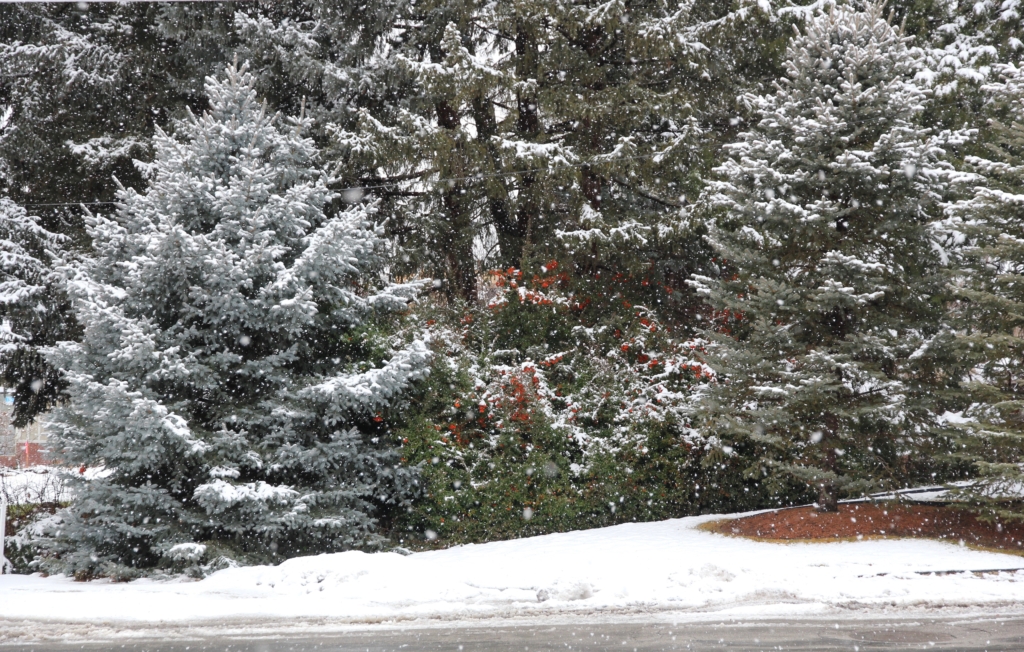
It was so quiet, so silent. An emptiness hung around me. We had never met — at least not outside the pages of her books — but the loss was keen and fresh. I felt as if I’d lost a wise auntie, a good friend.

Mary’s words have been revelations to me, divine connections, harbingers of strength to do hard and necessary things.
Other poets, especially the Romantics, have carved space in my soul. Like Hopkins, Blake, Dickinson, Shelley, Wordsworth, Thoreau. And more contemporary ones like Rilke, Plath, Roethke — they’ve all given me treasures. Words that fly off the page, whisper to my spirit, mean something.
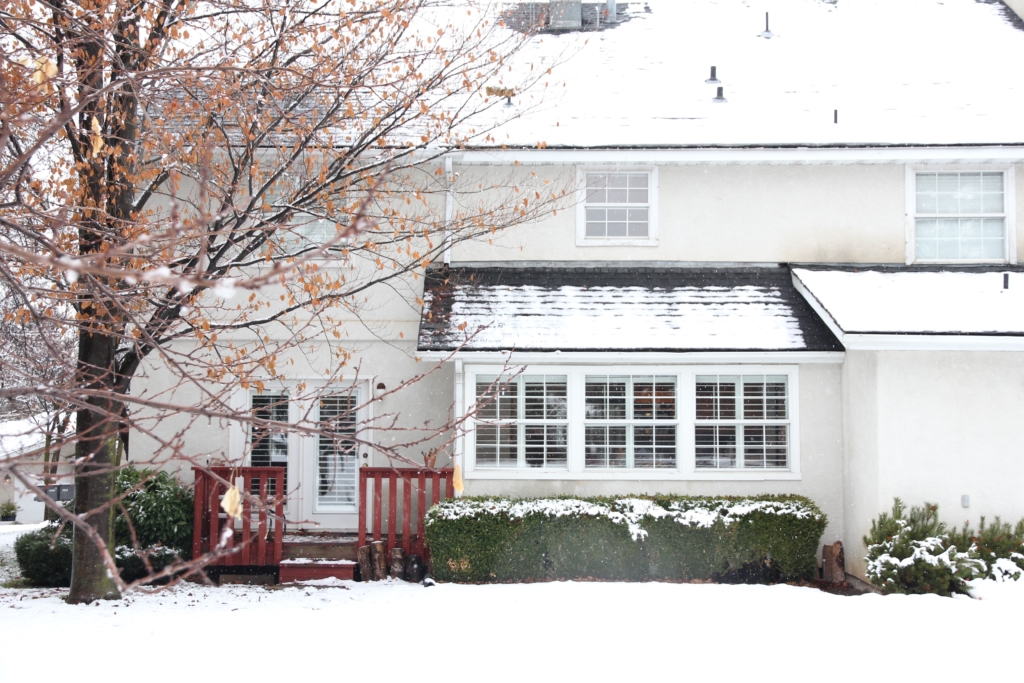
But Mary was different. She was my poet in residence. The one who could always fill my heart, offer direction, sedate a worry, fortify my mind, set me right.
And she wasn’t a poet long gone, immortalized by a few lines. She was still out there. Waking early to walk through the forest, to catch a new birdsong on the wind, still noticing something she hadn’t noticed before, and writing about it.
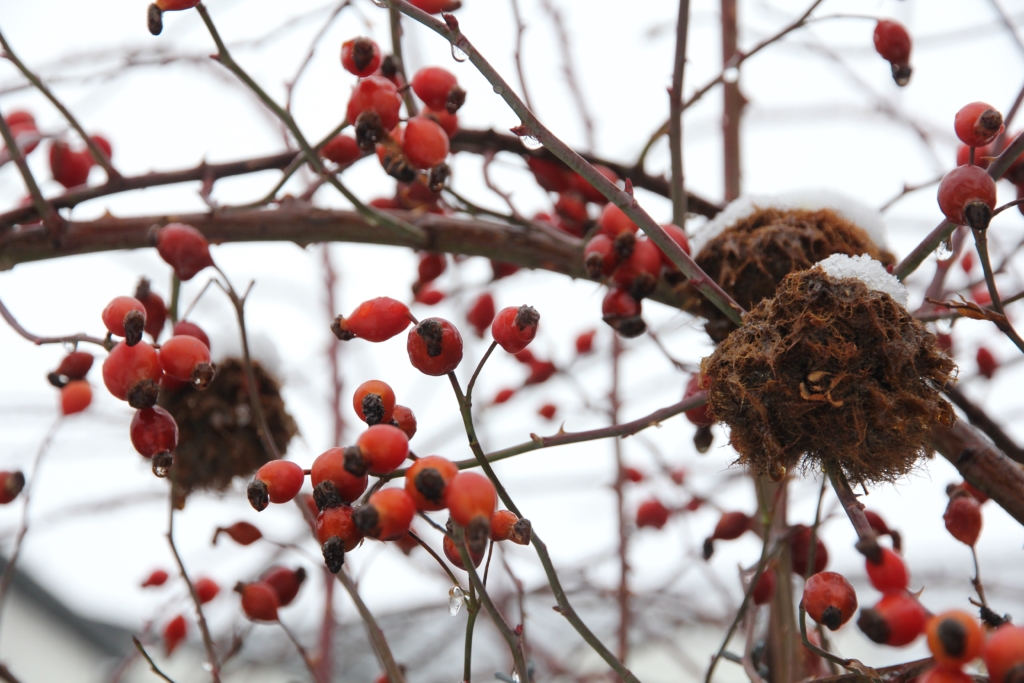
In 2009, I saw Mary’s poem, “The Summer Day” on Kara’s kitchen counter. I had just discovered we were having our second set of twins, which would generously gift us five children in four years. I was thrilled on the outside, but overwhelmed and drowning on the inside. I had no idea how I would manage four children in diapers, and so many babies all at once. But it was this question she asked, after kneeling down in the grass, that redirected me.
“Tell me, what is it you plan to do with your one wild and precious life?”
The Summer Day, House of Light, 1990
Her question overhauled my perspective. Children were the dream we had prayed for, the life we had longed for, waited for. And these babies were hard to get here! So if they were coming, Mary was right — I’d better make the most of it.
I thought to myself, What could be more wild? What could be more precious?
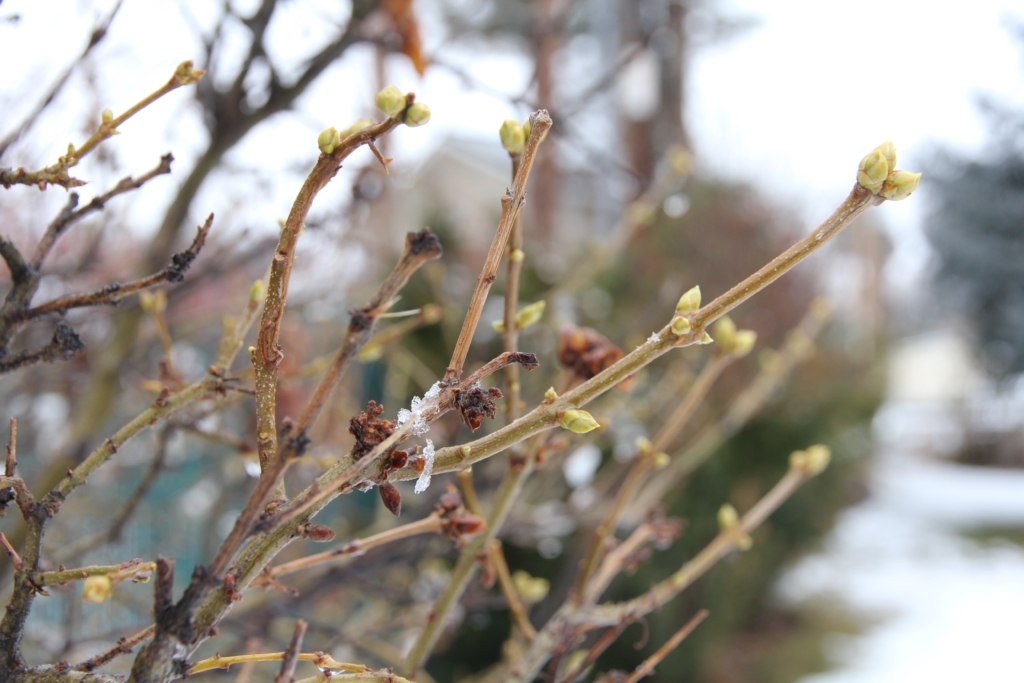
Thus began my connection with Mary. I changed the name of my blog to Wild and Precious (which maybe she would have groaned at, or smiled over — not quite sure), and for nine years now, I’ve been coming to this space to write, to process the complexities of life. And every time I type the URL, I think of her.
I’ve spent a lot of time in her poems and I wanted to share with you those seasons and lines that have become a part of my experience.
When my Mom’s health was failing —
I worried a lot. Will the garden grow, will the rivers flow in the right direction, will the earth turn as it was taught, and if not, how shall I correct it?
I Worried, Swan, 2010
So it is if the heart has devoted itself to love, there is not a single inch of emptiness. Gladness gleams all the way to the grave.
Honey Locust, New and Selected Poems II, 2005
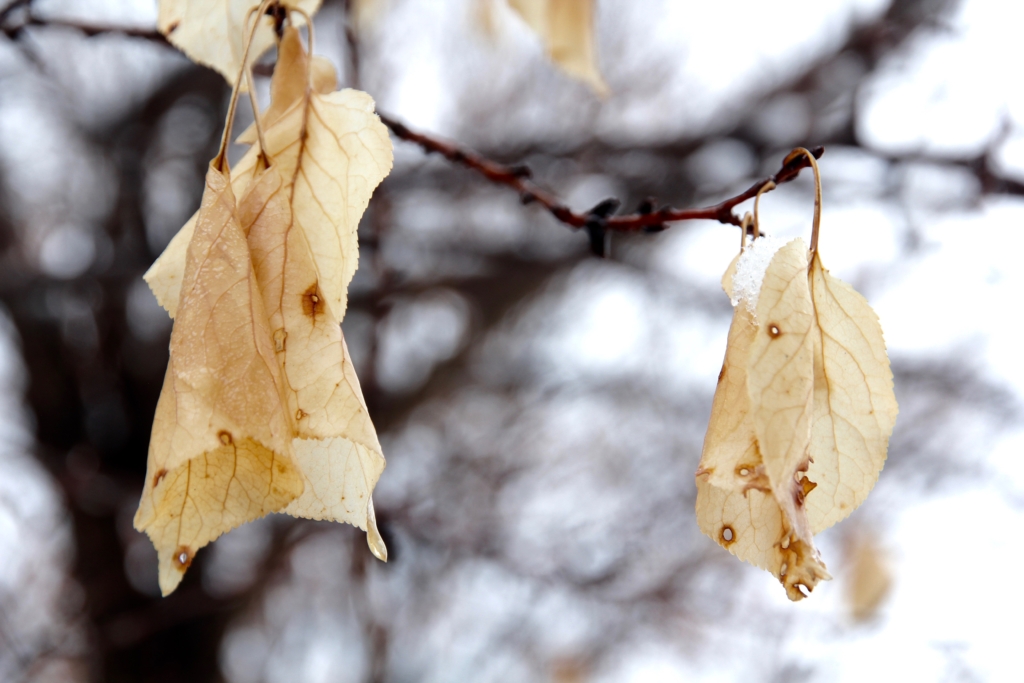
When dealing with grief —
I tell you this to break your heart, by which I mean only that it break open and never close again to the rest of the world.
Lead, New and Selected Poems II, 2005
Let grief be your sister, she will whether or no. Rise up from the stump of sorrow, and be green also, like the diligent leaves.
Flare, The Leaf and the Cloud, 2000
Then I remember: death comes before the rolling away of the stone.
At Black River, Why I Wake Early, 2004
We shake with joy, we shake with grief. What a time they have, these two housed as they are in the same body.
We Shake with Joy, Evidence, 2009
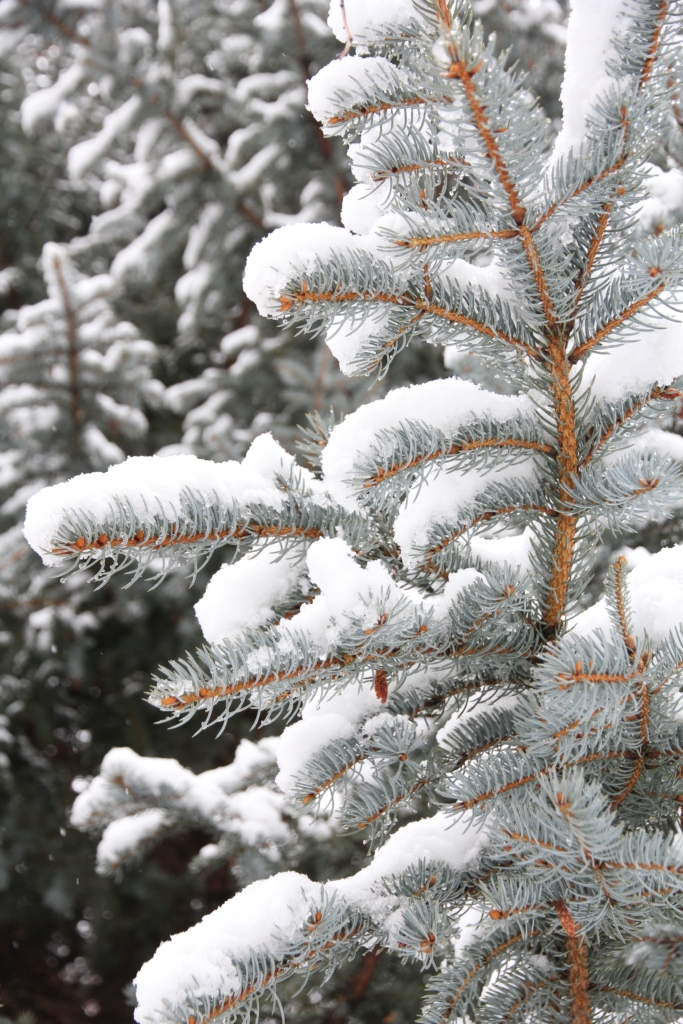
When trying to understand angels —
I’ll just tell you this: only if there are angels in your head will you, ever, possibly, see one.
The World I Live In, Felicity, 2015
When our backyard was full of more than a dozen deer (yes! a dozen plus one more doe and a buck) —
Finally one of them—I swear it!— would have come to my arms. But the other stamped sharp hoof in the pine needles like the tap of sanity, and they went off together through the trees. When I woke I was alone, I was thinking: so this is how you swim inward, so this is how you flow outward, so this is how you pray.
Five AM in the Pinewoods, House of Light, 1990
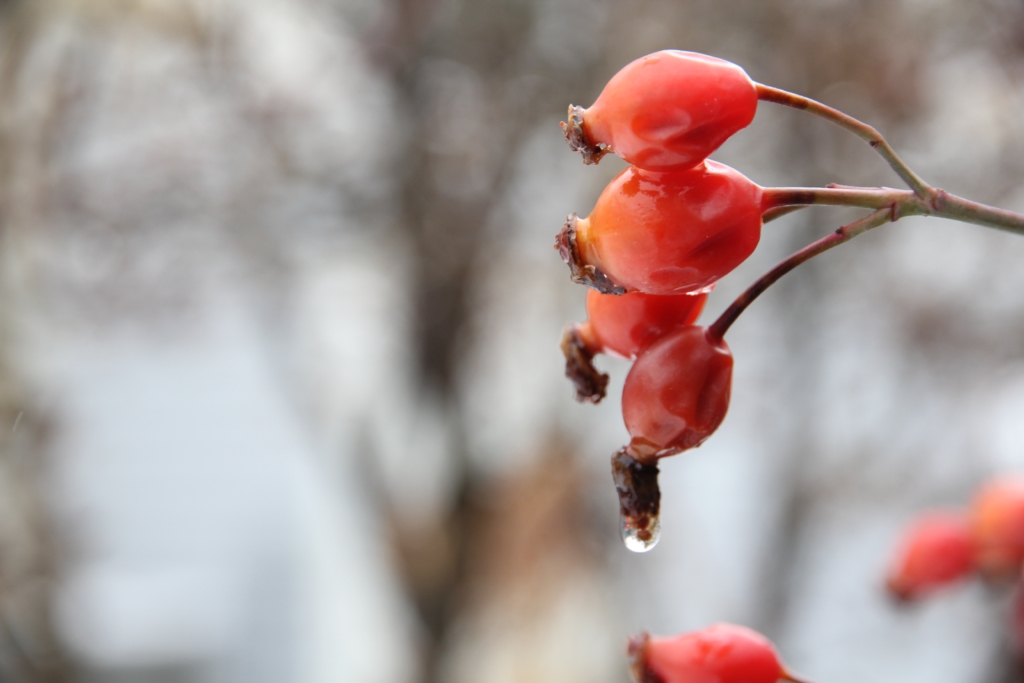
When wanting to see life with more gratitude —
it is a serious thing
just to be alive
on this fresh morning
in the broken world.
I beg of you,
do not walk by
without pausing…
It could mean something.
Invitation, Red Bird, 2008
It could mean everything.
It could be what Rilke meant, when he wrote:
You must change your life.
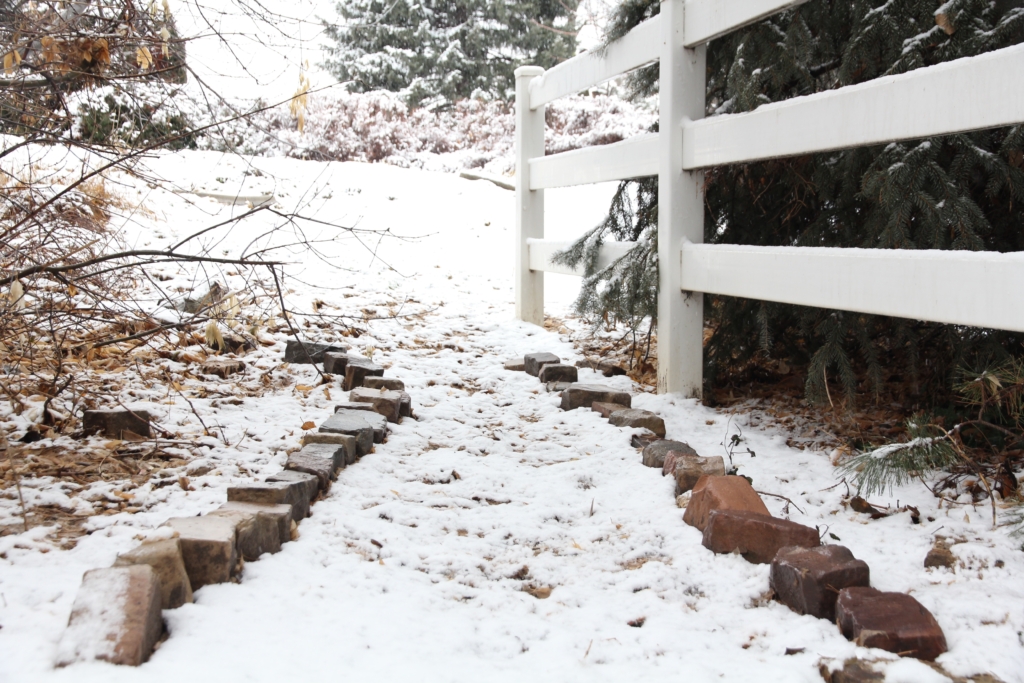
When needing to feel peace —
“Oh, feed me this day, Holy Spirit, with the fragrance of the fields and the freshness of the oceans which you have made, and help me to hear and to hold in all dearness those exacting, and wonderful words of our Lord Christ Jesus, saying: Follow Me.”
Six Recognitions of the Lord, Thirst, 2006
“[The Trees] call again, ‘It’s simple,’ they say, ‘and you too have come into the world to do this, to go easy, to be filled with light, and to shine.'”
When I am Among Trees, Thirst, 2006
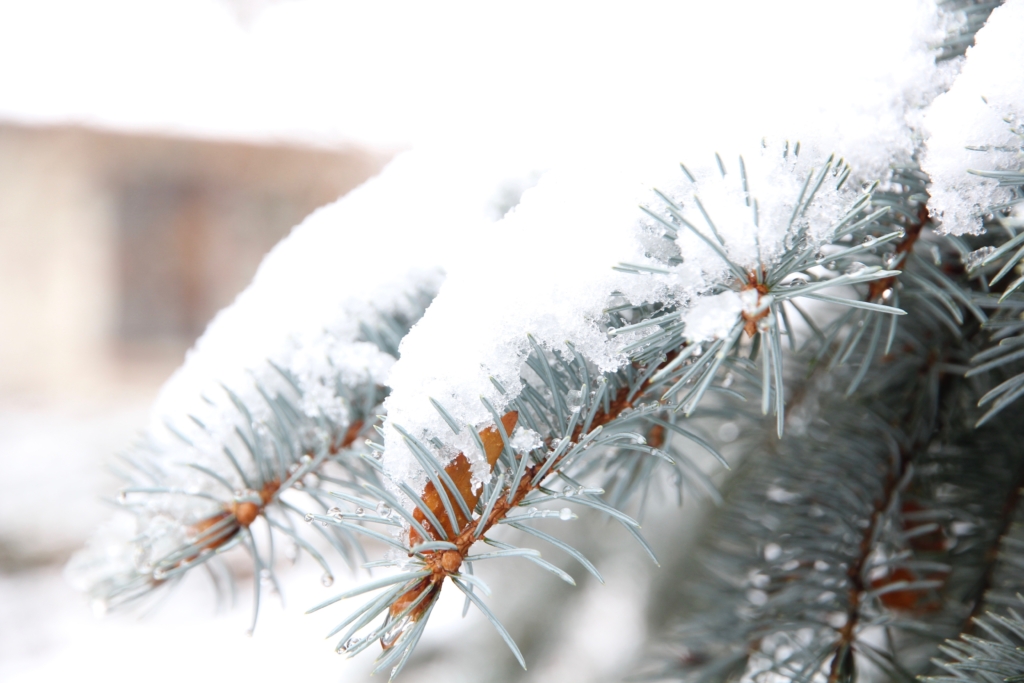
When searching for more joy —
“If you suddenly, and unexpectedly feel joy, don’t hesitate. Give in to it… don’t be afraid of its plenty. Joy is not made to be a crumb.”
Don’t Hesitate, Swan, 2010
After the rest of the kids left for school, I took my camera outside and decided to look beyond what I normally see, to observe the way Mary did. All the photos in this post are from that Friday morning.
I read several articles giving her tribute, one was titled, “Mary Oliver helped us stay amazed.” And she did. In such wondrous ways.
She was known as “The Poet of the Natural World.”
Kara told me today, she thinks the earth is mourning Mary’s going. Mother Earth must feel this new void. Her absence. Mary was one of her greatest champions. So connected to her creations, all of which she reverenced with grace. All of which intrigued her. And she never hesitated to attribute it all to the Sublime. One journalist described her work as “the sacred in communion with the commonplace.”
She had a deep and direct love for the world. She brought us into the forest with her, next to the sea, or wading right into the river. She would sit so silently on a hillside that the foxes would run past her without notice. She listened to a loon cry it’s last long escaping song before death. She conversed with otters, studied the bees, decided that birds sang prayers, and listened to the trees who saved her, she said, daily. Nature was her teacher, its flora and fauna her companions. In them she found safety, acceptance, and holiness.
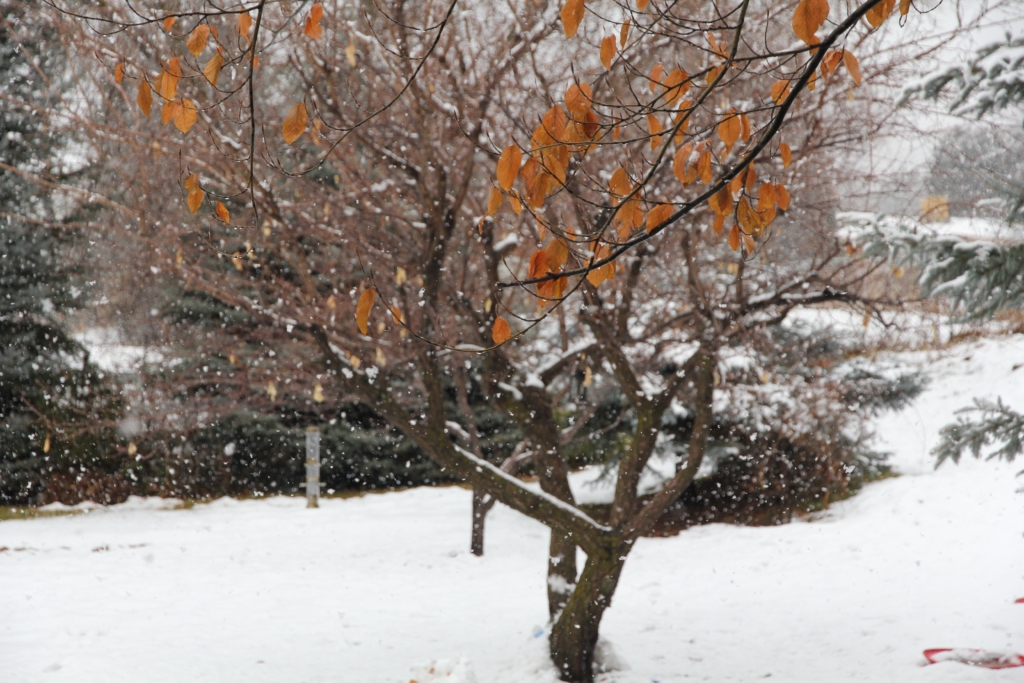
She did not fear mentioning God, the Holy Spirit, or Jesus in her poems.
Gospel motifs lean in and out of her work — crouched in metaphors, wrapped in scriptural imagery. These were things she knew, as if they were part of her very bones, pulsing right down in her marrow.
Other aspects of the world and mortality she considered mysteries, which she unabashedly embraced. She welcomed ambiguity and unanswered questions. In her poem titled, Mysteries, Yes, she wrote:
Truly, we live with mysteries too marvelous to be understood.
Mysteries, Yes, Evidence, 2009
And in another poem based on Psalm 145:
How many mysteries have you seen in your lifetime? How many nets pulled full over the boat’s side, each silver body ready or not falling into submission?
On Thy Wondrous Works I Will Meditate, Thirst, 2006
She saw things even she could not explain. But those mysteries were miracles to her. And while she was okay with all the un-knowing, she seemed to have a sense of unfailing trust in a divine presence and wisdom bigger than herself. And she believed eventually we would have answers.
It is possible, I suppose, that sometime
Daisies, 2004
we will learn everything
there is to learn: what the world is, for example,
and what it means.

Mary was honest about the emotions of life and honest about herself. She rarely gave interviews. She wanted her poetry to speak for itself. She often wrote with a self-deprecating shrug: “Maybe?” or “Maybe not” or, “What do I know?”
But she did know. So very much. She offered subtle, gentle answers to the one great question she continued to ask: “How are we to live?”
“Instructions for living a life: Pay Attention. Be astonished. Tell about it.”
Sometimes, 2008

She knew loneliness. She knew hurt, and grief. But the natural world was her salve, her healing.
“Oh mother earth, your comfort is great, your arms never withhold.”
Loneliness, Blue Horses, 2014
Mary spent most of her writing years in Provincetown, Massachusetts, where she lived off and on, for almost 40 years. There she went foraging daily, for greens, animals, and poetic material. She wrote about animals almost as kindred spirits.
At age 17 she spontaneously drove to Steepletop, Edna St. Vincent Millay’s former home in Austerlitz, N.Y., near the Massachusetts border, where she formed a friendship with Norma, Millay’s sister. She lived there for the next half-dozen years and helped Norma organize Edna’s papers.

In the 1980s she taught at Case Western, followed by jobs at other various colleges. In 1984 she won the Pulitzer Prize for her fifth book of poetry, American Primitive.
She blended the romantic traditions of Keats and Wordsworth while including the solitary reflections of Thoreau and Witman. She transported us, helped us find a path of transcendence out of the routine, away form the ordinary.
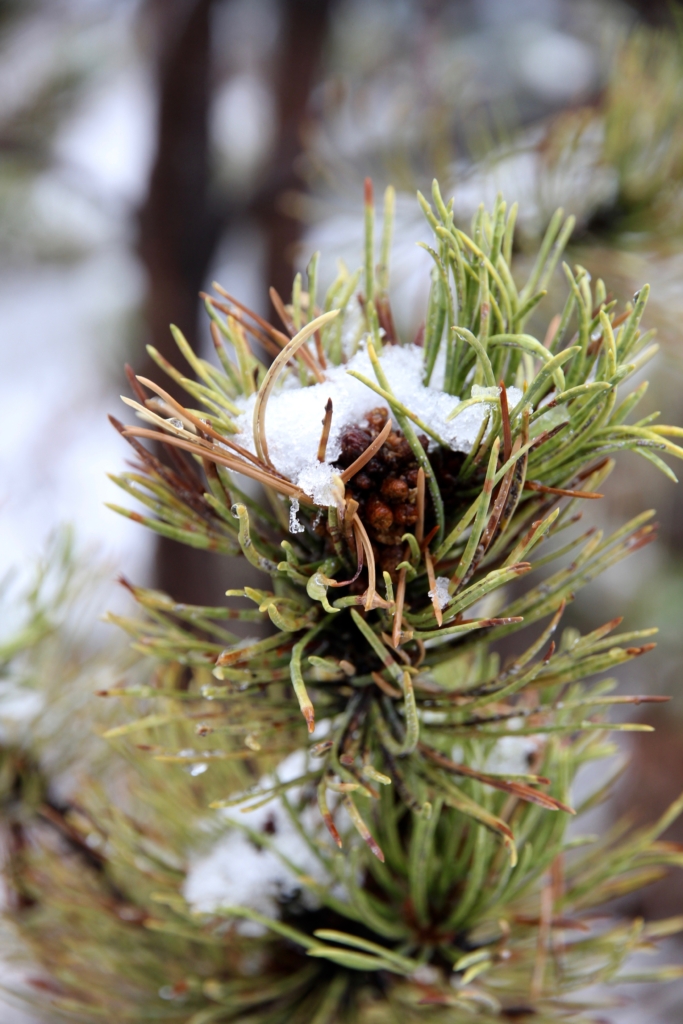
She was so accessible some called her poetry simplistic. David Orr, of the NY Times, (who I believe will go down in history as the critic who never took time to know Mary) said of her work with great stupidity, “one can only say that no animals appear to have been harmed in the making of it.” Then he added, referring to Oprah’s poetry issue, which prominently featured Oliver, if poetry “worked as self-help, you’d see more poets driving BMWs.”
Did he read her poems? Many speak to the violence in nature, the darker sides of survival. His slights irk me, but Mary seemed to pay them no notice. She knew his type:
Don’t blame the river that nothing happened quickly. You don’t hear such voices in an hour or a day. You don’t hear them at all if selfhood has stuffed your ears. And it’s difficult to hear anything anyway, through all the traffic, and ambition.
At the River Clarion, Evidence, 2009
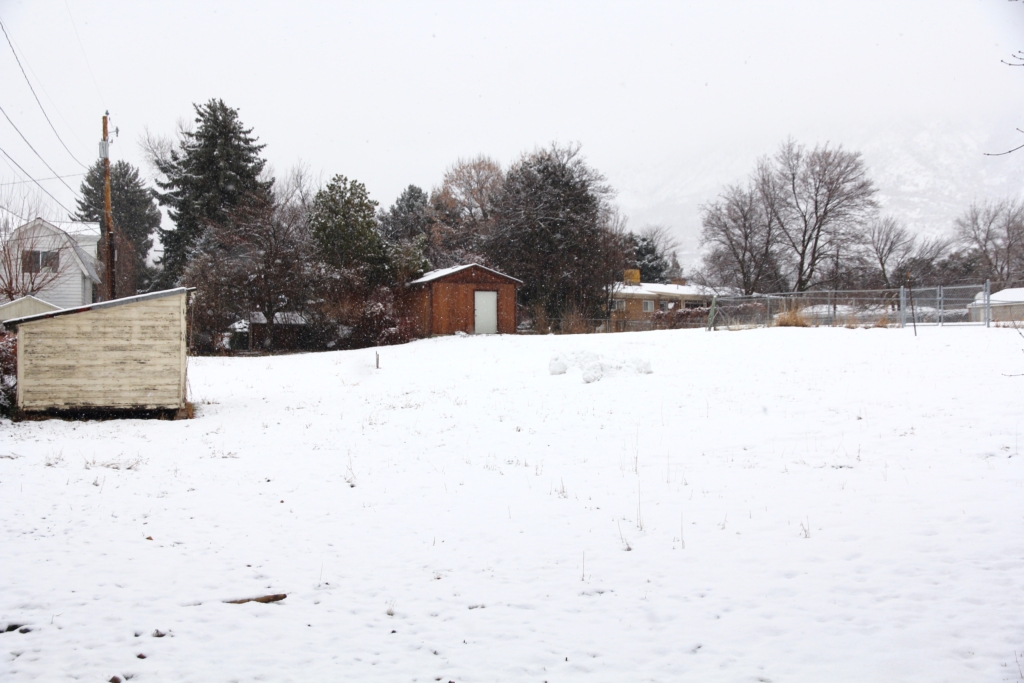
She gave very few interviews. One that you will love listening to, if you haven’t already, is with Krista Tippett, On Being.
So, in an effort to say Thank you to Mary, I’ve made a messy attempt at writing her a poem. She makes poetry look so easy. It’s not. Her craft is meticulous, tight, every word works. And wordpress won’t let me line-break where I want to, so my poem looks more like prose, with weird line stops and starts. But try to read past that. It’s a first draft. The phrasing may change. But for now, these are my words. For Mary.
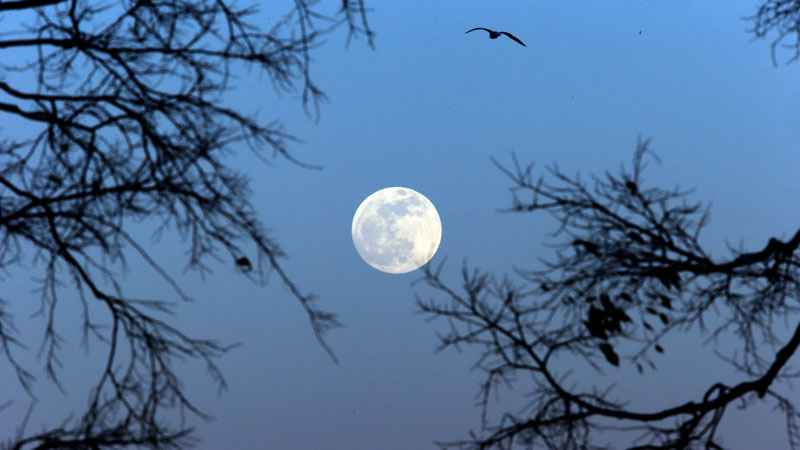
Mary in the Moon
I wake early
to an unusual brightness.
It is the moon,
slipping her luminous fingers through the shutters.
Before bed she was colored in blood, cast in shadow,
eclipsing and hurtling over the mountain.
She’s a super moon — superimposed on the western sky, looking like she forgot it was time to go home.
I walk into the frosted backyard. A trio of blue spruce gather me in their arms, but their puffed sleeves of snow are looking for another.
Orange winterberries bob their tiny heads above the struggling lilac.
I move closer, and to my surprise, every tip is wick with green.
Then I hear you.
Never turn your back on the thing God is nourishing.
Two apricot leaves hang
folded on the tree,
decrepit and pale,
shivering like the wings of a small bat clinging to wood.
Our round mother is calling — for you.
Her pines beckoning. Her juice of spring running sprints against the dark. Her whited leaves trembling lonely in the air.
Where have you gone? Where are your eyes lit with fire and wild wonder at the grasshopper eating sugar from your hand? Where is your ear cocked for birdsong? Your pen — the way you paused it in the air?
I would have kept you here longer. Stacked your poems a little higher.
But God times our comings and goings. We give way. Mother Earth gives way.
Come home to me, she says.
Rest in my soil.
I will hold you safe.
But if you are restless,
go where you wish — find a new moon,
notice everything you see, then tell me about it. I will keep your bones warm.
I do not know how to thank you, Mary Oliver.
Your precious life was a mighty flash of untrimmed light.
And that moon was your glorious goodbye.

Death waits for me, I know it, around one corner or another. This doesn’t amuse me. Neither does it frighten me.
Sometimes, Red Bird, 2008

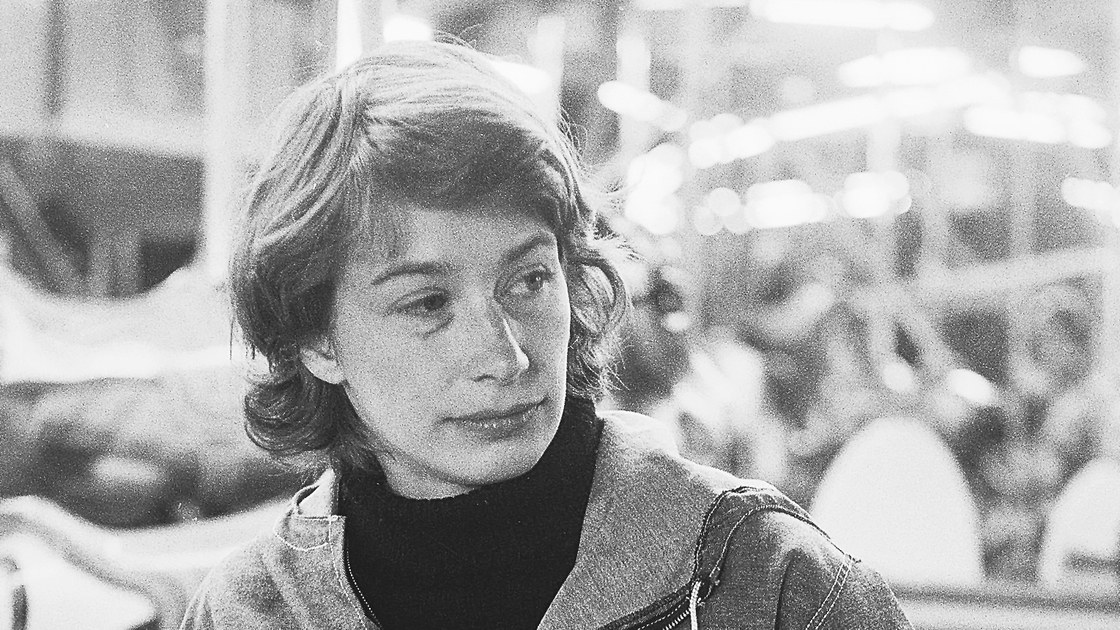

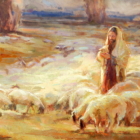
Anne Marie
My dear friend, this is such an amazing tribute to Mary Oliver. Thank you for sharing so many of her quotes here. I loved each of them and am going to go back and read through them again, to soak up more of her wisdom. She is able to perfectly capture beauty and truth in her words. I love how her “wild and precious life” line influenced your life at such a pivotal moment.
The poem you wrote is so beautiful. You have such an amazing gift. It is an incredible tribute to her. So many of your phrases echo her voice and spirit. The ending line, “I will keep your bones warm” is just perfect. The world needs your words.
Thank you for this. xox
Barb
My choir friend, I’m so glad to have found your blog! We share a kinship and awe for Mary Oliver and I, too, felt her passing tenderly.